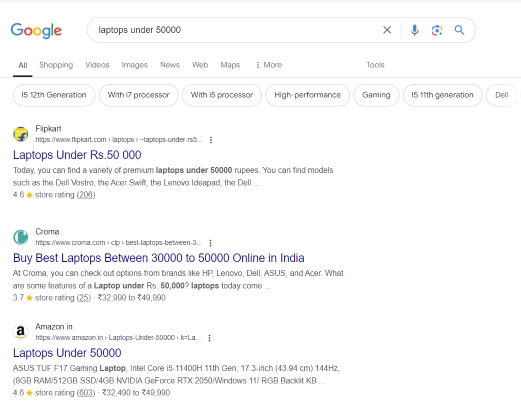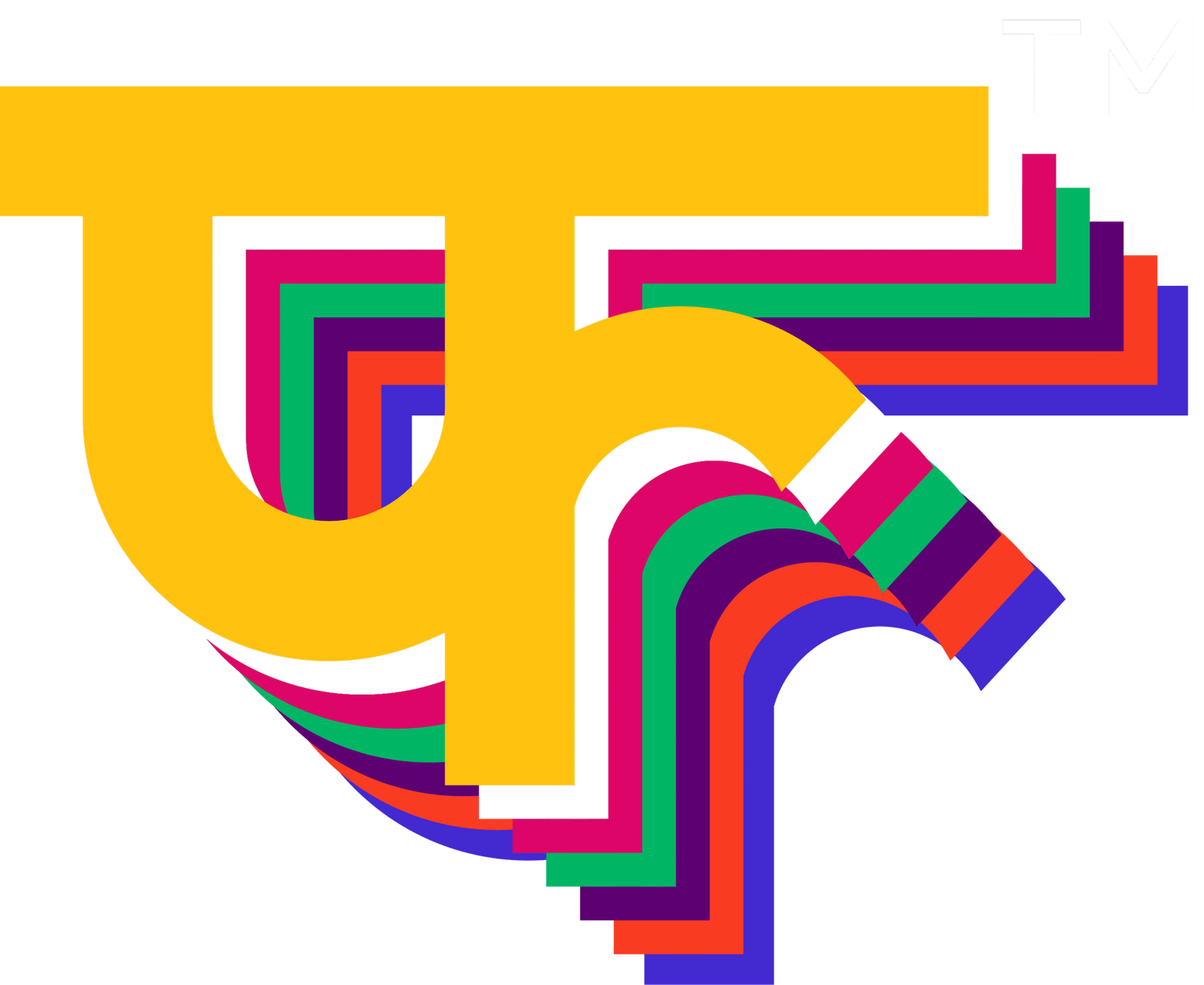
If you’re reading this, chances are you’re weighing the pros and cons of SEO for your business. You might have heard about it on the Internet.
If you’ve watched Shark Tank India — you might have seen a lot of founders talking about how they invested in SEO or performance marketing.
Remember that one episode of Shark Tank India, Season 2, where Hobby India pitched their business? The founders shared how they invested in SEO to build an online presence. It paid off big time, helping them tap into a much wider audience than they ever thought possible.
If you haven’t watched the episode — here’s the link. Skip the video to 7:19 to specifically know how they did SEO to grow their business.
So coming back to SEO, what is it and will it work for you or not? Let’s understand it.
Table of contents
- What is SEO and Why Should You Care?
- But How Does SEO Drive Sales?
- So, In What Scenarios is SEO Right For You?
- How do You Get Started With SEO?
- Conclusion
- Frequently Asked Questions
What is SEO and Why Should You Care?
Let’s keep it simple — SEO (Search Engine Optimisation) is the practice of optimising your website to rank higher on Google. If you rank higher, customers can easily find you.
Because think about yourself? How many times have you visited the 2nd page of Google to find something you were looking for?
You probably don’t even care to visit the second page right?
Well, that’s why SEO is important.
If your website isn’t optimised, you’re essentially invisible to potential customers searching for your products or services.
But How Does SEO Drive Potential Customers?
Okay, see it this way. Let’s say you have an offline store. What if it is hidden on some lane where no one comes?
Will you get sales? No right? Similarly, if your website is hidden on the 2nd or 3rd page in Google search results — will you get any traffic?
We hope it’s clear now.
So, In What Scenarios Is SEO Right For You?
Hobby India made it big using SEO. But not all businesses are the same. Not every business will benefit from SEO in the same way, but here’s when SEO can make a huge difference.
1. People can Search for Your Product/Service on Google
There’s a simple way to figure this out. Go to SemRush Keyword Magic Tool, enter the name of products or services and see the search volume.
This will tell you if people are buying your product/service online or not. And if you think people search for your products or services on Google, then you should immediately start investing in SEO.
2. You’re Operating in a Competitive Market
If you’re in a highly competitive industry, SEO can be the differentiator. You can go one step ahead of your competitors and provide value to your customers with informative blogs.
This will give you an edge because you have a website that helps them make informed decisions. So they will trust you more than your competitors and soon become your customers.
Let’s understand it with the example of Amazon and Flipkart. You just know how tough the competition is there. Because they are not alone in the market. There’s Tata Clique, AJIO and many other players.
Now see the search result when we type “laptops under 50000” and who ranks first?

If you did this search, you actually have so many options. And all the brands that are ranking are well-known.
So it’s obvious you would click on Flipkart as it is ranking at the top.
And there you have your answer.
3. You’re Struggling with Paid Ads
While paid ads can bring in traffic, they’re not always sustainable in the long run. With increasing competition, the cost-per-click (CPC) can get sky-high.
If you’ve been pouring money into paid advertising but aren’t seeing the ROI you want, SEO is a more cost-effective solution.
Plus, a well-optimised site will support your ad campaigns by improving your quality score, which means you could end up paying less for each ad.
How do You Get Started With SEO?
First and foremost you need a website. If you don’t have it, get it developed with the help of a web development company.
Once that is done, here’s how you can optimise it.
Keyword Research
So keywords are terms that people use to search for something on Google. For example, you will search “Digital marketing agency” or “SEO company” on Google to get these services.
Similarly, think about what people will type to find you. You can conduct basic keyword research using the Semrush Keyword Magic Tool.
Shortlist those keywords that are relevant and you can use it naturally in your website’s content.
On-Page Optimisation
On-page SEO involves optimising individual pages on your website. This includes using your target keywords in headings, meta descriptions and body content.
Additionally, make sure your site is mobile-friendly and loads quickly. Because Google considers these factors to rank sites.
Content Creation
Google loves fresh, relevant content. So, posting high-quality blog posts, videos and other types of content can boost your rankings.
Let’s say you have an e-commerce gifting store. And since Diwali is coming, you can create festive-themed content around keywords like “Diwali gift ideas” can help you tap into the massive search traffic around festivals.
Hobby India (The Shark Tank startup which we talked about earlier) also follows this strategy.
They create blogs that are related to products and affect their customer’s buying decisions.

Local SEO
If you run a local business like a restaurant or an ethnic wear shop or any kind of physical store — local SEO is a must.
To do this, you need to optimise your Google My Business profile. Add your business name, address and phone number and make sure the information is accurate.
Choose the right category for your profile. For example, if you’re a dentist, select “Dentist” instead of a more general term like “Healthcare.”
And most importantly encourage your customers to leave a review on Google. If you have more positive reviews then your profile will rank higher and people can easily reach there using Google Maps.
Technical SEO
Technical SEO focuses on the backend of your website, ensuring it meets the search engines’ requirements.
Things like website speed, mobile usability, secure connections (HTTPS) and site architecture all play a role in how search engines rank your site.
Even a small issue—like a slow-loading page—can negatively affect your rankings and user experience.
Build Backlinks
Backlinks are links from other websites that allows users to visit your website. And not just other website but the links that you mention within your webpage can also be backlinks. ‘
For example in your blog about “Diwali Gift Ideas” you mention a link to your e-commerce page that contains those gifts — it’s a backlink too.
High-quality backlinks tell Google that your site is reputable.
So reach out to website owners who do product recommendations blogs. You can ask them to put a link to your website.
But make sure the website is relevant for your industry. The more trustworthy sites that link back to you, the more likely you are to rank higher.
Conclusion
By now we hope you know if you need to get started with SEO or think about some other marketing strategy to grow your business.
Whether you decided go ahead with SEO or need some other marketing ideas— we can help.
Our team will analyse your competitors, understand your customers and create a strategy that aligns well with your goals.
Just reach out to us at hello@florafountain.com and we will be here to help.



